Curtains fell at the workshop of the African Confederation of Professional Organizations of Artisanal Fisheries (CAOPA) under the theme: “For a sustainable small-scale aquaculture complementary to African artisanal fisheries”. Held from 26 to 27 October 2022 in Saly Portudal, the event aimed to discuss about the development of sustainable small-scale aquaculture, complementary to artisanal fisheries in Africa.
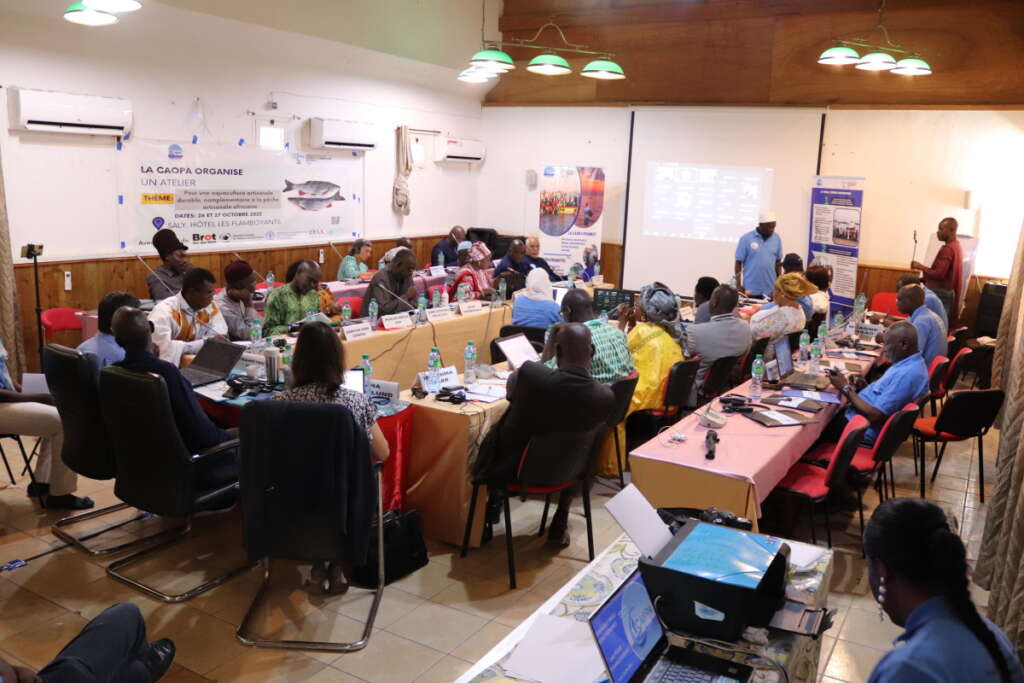
It brought together around forty experts, researchers, representatives of NGOs, governments, regional and sub-regional organizations, artisanal fisheries and aquaculture professionals, partners, etc.
The workshop was organized in a hybrid mode (face-to-face and virtual). The activity was marked by speeches, power point presentations, experience sharing, group work and plenary sessions.
What about context?
Fish, especially small pelagic fish, play a key role in human nutrition, job creation, the economy, etc. However, access to this resource has become an increasing issue, both for artisanal fishermen and consumers.
Nowadays, the scarcity of the resource is felt at the level of the household basket and the landing and processing sites.
Issue!
The flourishing of fishmeal factories that use fresh fish as raw material, particularly sardinella, is undermining the food security of the poorest African populations.
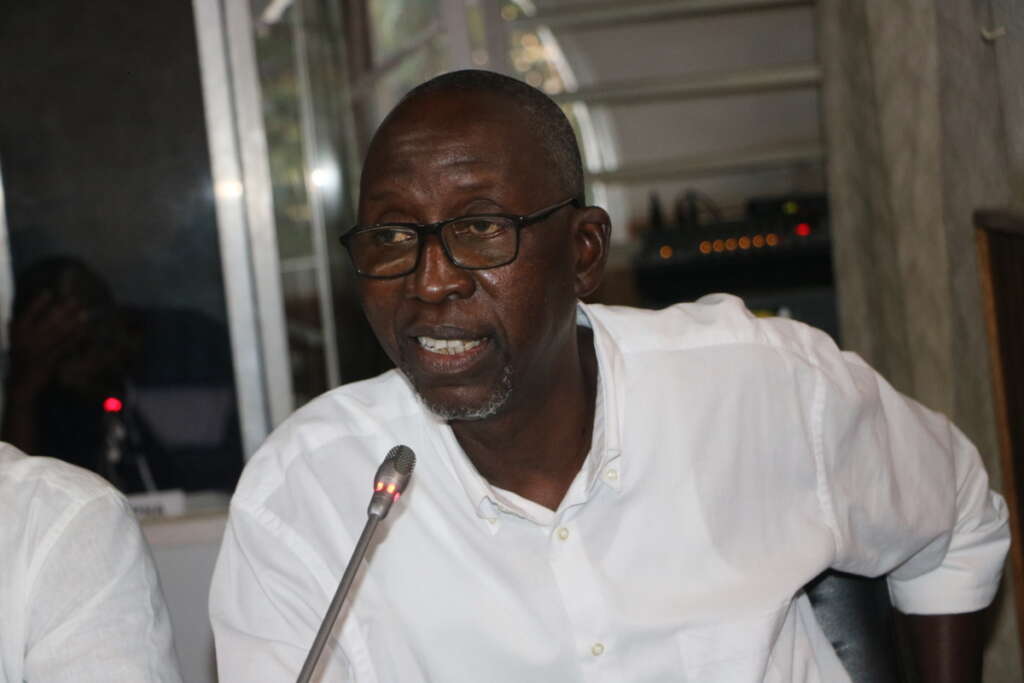
CAOPA’s president pointed out that in West Africa, “it is our sardinella, in a state of overexploitation, that are being lost, transformed into flour and oil for exportation, often to feed aquaculture fish in Norway, China or Turkey”.
Gaoussou Gueye underlines “Our sardinella play a key role in human nutrition, job creation, and supports the economy in West Africa”.
He added that “it is increasingly difficult for women processors to have access to this resource”.
A partner of CAOPA for several years, the representative of Bread for the World says that it is abnormal to use the food basis of Africans to feed the industrial aquaculture of developed countries.
Francisco Mari says: “(…) in recent years, fishmeal and fish oil factories have come to compete unfairly with small-scale fishermen, especially women processors. They use small pelagic fish to process them into fishmeal to produce salmon and shrimp for the European market.
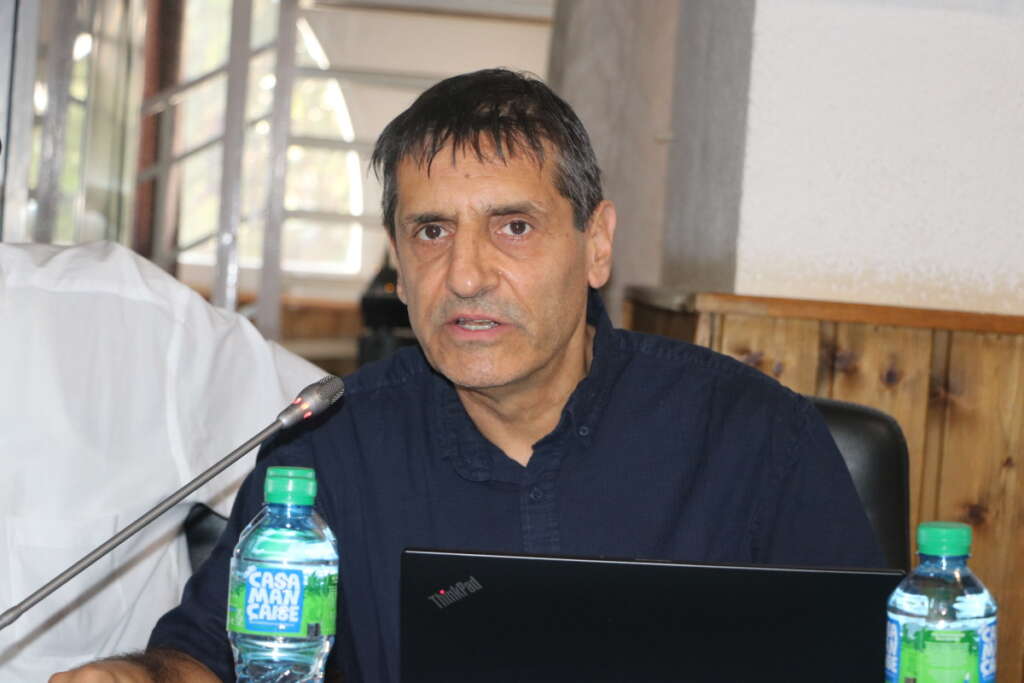
According to him, Norway is the largest producer of salmon in Europe. Today, Mari says, “they are looking at other nutritious condiments for salmon aquaculture, like insects to feed fish. For us, there is no need for industrialized countries to have fish based on aquaculture. In our opinion, fishmeal-based aquaculture should be reduced or even banned. It is not right that our aquaculture is fed on African food. We are indirectly eating the food of Africans through our aquaculture.”
Francisco said that for this reason they support the efforts of governments and industry to stop this aquaculture basis.
On behalf of FAO, Ms Lena WESTLUND of the Fisheries and Aquaculture Division, including artisanal fisheries and implementation of the Voluntary Guidelines for Sustainable Small-scale Fisheries in the Context of Food Security and Poverty Eradication, said that FAO’s strategy for sustainable aquatic food systems is called the Blue Transformation and covers three main areas: capture fisheries, aquaculture and fisheries value chains.
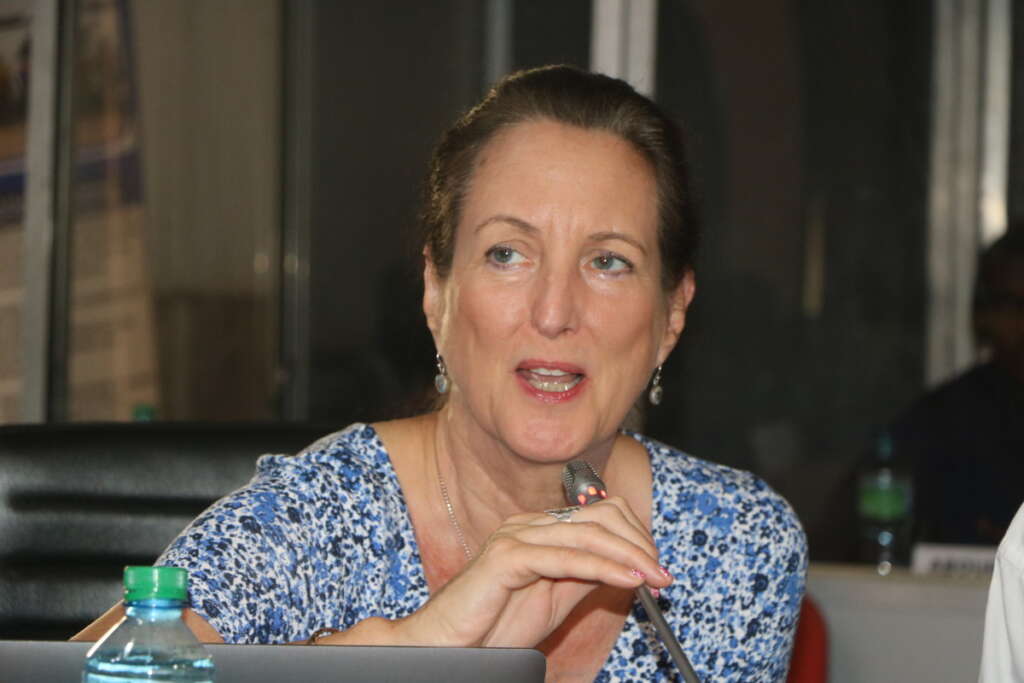
“It includes a number of priority actions including the need to facilitate the development of organizational, technical and business skills of small-scale food producers, their organizations and institutions for equitable and effective participation in decision-making processes, resource management and value chain development,” explained Ms Westlund.
To ensure sustainability in all dimensions and equitable and inclusive development, she says that the participation of those most affected is essential and this meeting is therefore an important opportunity for open and frank discussion.
Dr Tening SENE, Director General of the National Aquaculture Agency (ANA) of Senegal, chaired the opening of the workshop.
Dr. SENE stated that: “Sustainable aquaculture and artisanal fisheries constitute an important factor in contributing to food security in Africa. This is thanks to their strategic position in socio-economic development”.
New beginning for Africa
The ANA Director stated that in Senegal, artisanal fisheries represent about 80% of landings and contribute to the creation of income and wealth, employment, marketing, the supply of fish products for consumption by the population, etc.
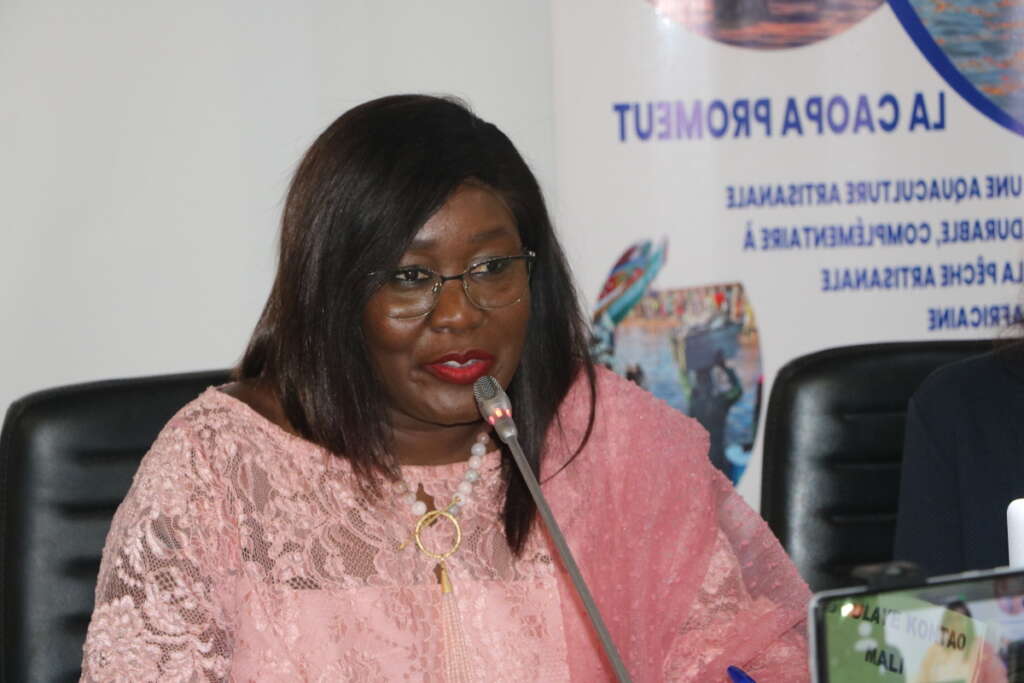
She said that it is therefore urgent to adopt accessible and sustainable practices in Africa with regard to artisanal fisheries and aquaculture.
Mrs. SENE informed the participants that since 15 April 2022, Senegal has had Law N°2022-06, on the Aquaculture Code, which aims to regulate the aquaculture activity.
Before leaving, Dr. Tening SENE wished “a new start for Africa in the management and production of fishery products in accordance with the concept of blue transformation and that aquaculture be a sustainable alternative and complementary to artisanal fisheries.
What about the overexploitation of fisheries resources?
The Minister of Fisheries and the Blue Economy of Madagascar spoke online. Dr Tsimanaoraty Paubert MAHATANTE spoke about the issues and challenges of artisanal fisheries and aquaculture at the global, African and Malagasy levels.
Speaking about the overexploitation of the resource, he maintained that there are 4.56 million fishing boats in the world which are the source of overfishing in the world. This resource is “exacerbated by the various issues of climate change, IUU (illegal, unreported and unregulated) fishing that we all face. It also puts the sustainability of fisheries at risk and undermines global food security,” says the minister.
To find a solution to this situation, he recommends: “As it is a global issue, it requires a global response”.
What about results?
At the end of the 48 hours of information and experience sharing, the technical director of the ANA reassured that: “our objective is largely achieved”. This allowed Mr. Abdoulaye NIANE to facilitate and thank all participants for their ‘excellent contributions’.
According to him, this workshop was an opportunity for all participants to better understand the issues related to artisanal fisheries and aquaculture.
“We were gratified by beautiful presentations, beautiful and rich testimonies that led to strong recommendations for a better contribution of artisanal fisheries and aquaculture,” concluded Mr. NIANE.
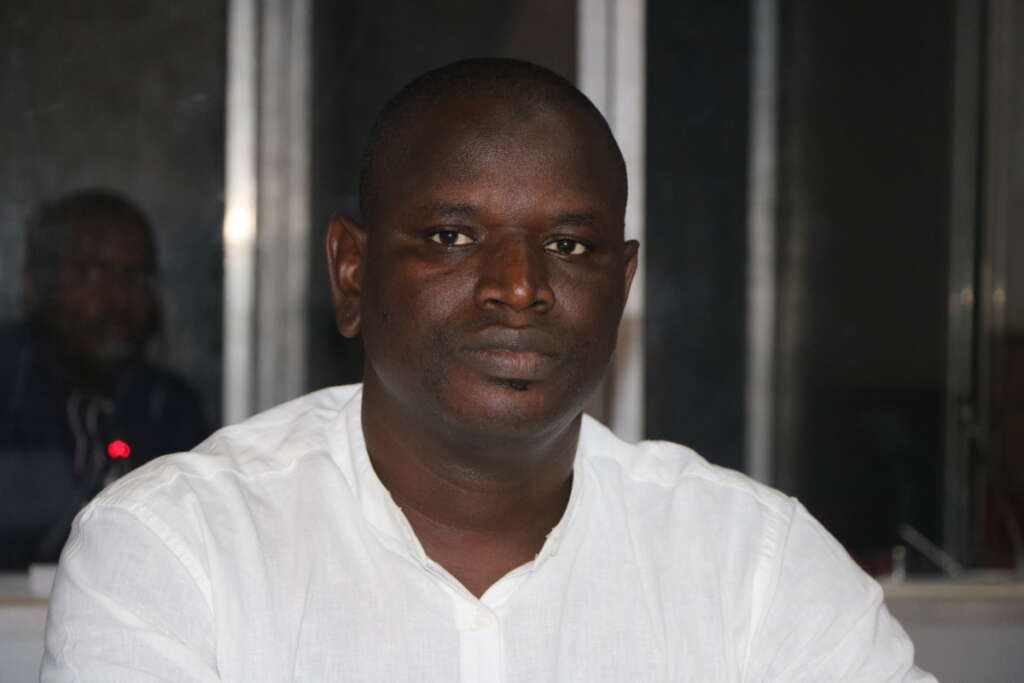
The recommendations formulated “For a sustainable small-scale aquaculture, complementary to African artisanal fisheries” include
Develop strategies for the substitution of fishmeal in the fish feed;
Harmonize and regulate aquaculture activity with a segmentation of the different links of the chain;
Encourage and disseminate above-ground family fish farming integrated with other plant and animal production activities;
Strengthen the technical capacities of artisanal fisheries and aquaculture actors;
By Aliou DIALLO
& Khady GUEYE


